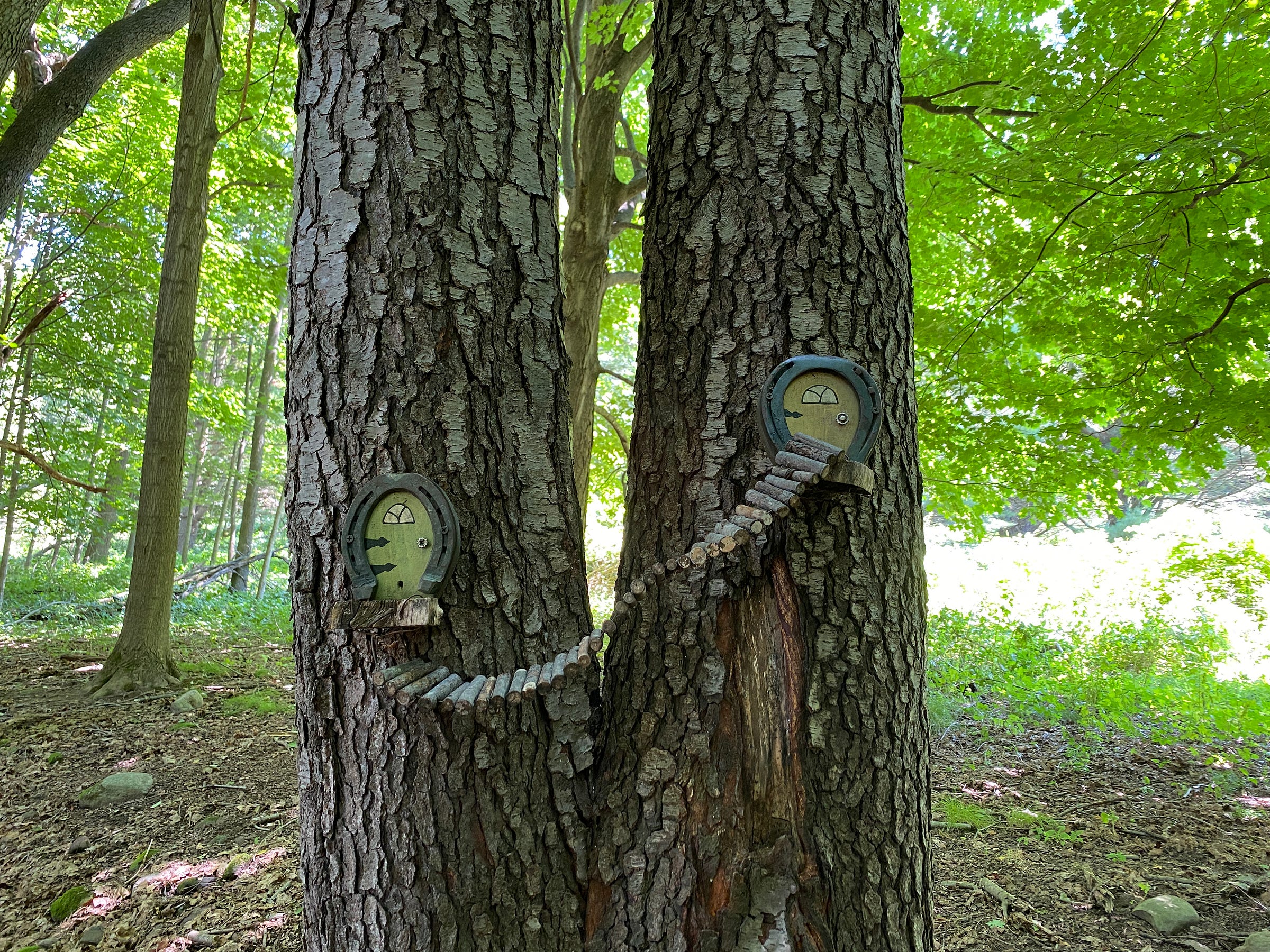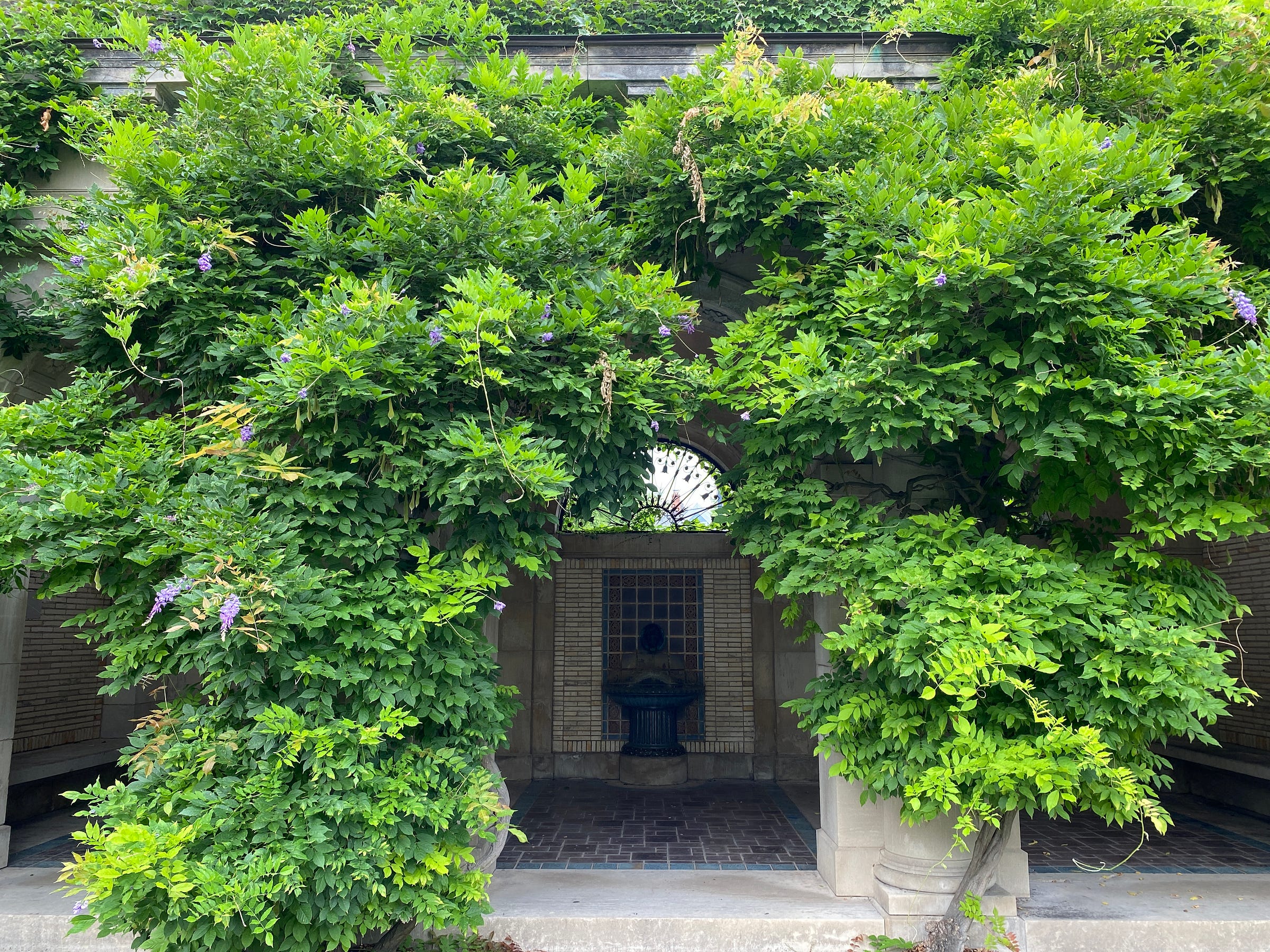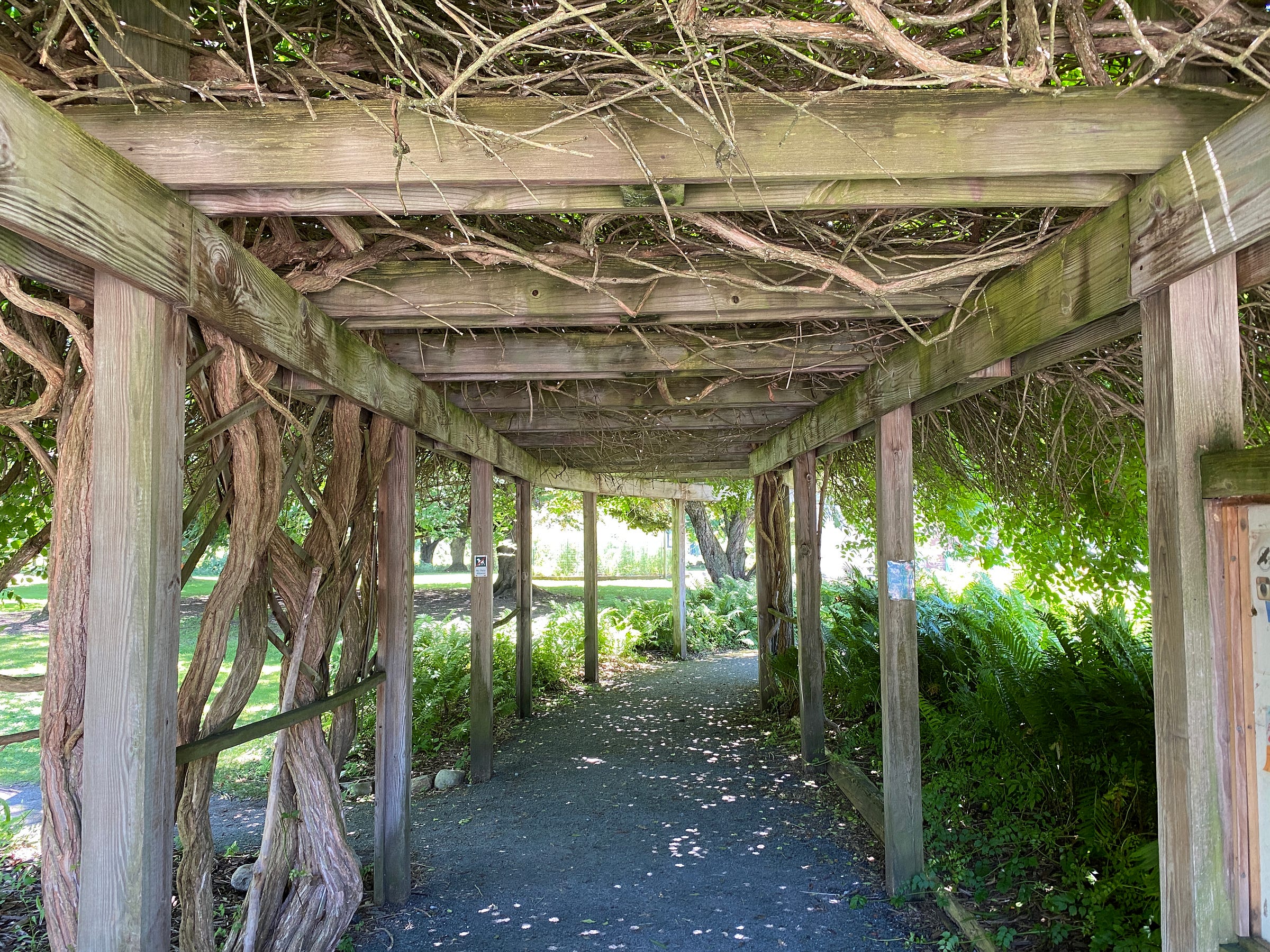A Portal to Possibility
You’re only as limited as your imagination
Last week, my Mom asked for help going to a doctor’s appointment. With the snow and ice, she wasn’t sure if she’d be safe walking on her own since she uses a mobility aid. Thankfully, the weather was a lot clearer than reported, so once we left the doctor’s office, we went to lunch together.
I don’t typically go out for lunch during the work week. Getting to catch up with my Mom in the middle of the week was a nice and somewhat unexpected treat.
And, okay, I had an ulterior motive. I also needed some perspective. I’ve been in a situation that hasn’t lived up to my expectations. I went into it thinking that it was perfectly in alignment with what I wanted. Ultimately, it’s not a good fit — for me and likely for the other party involved.
At one point, Mom brought up a change I’d made in the past and said “Why don’t you just do that again?”
Oh, sure, I thought. She made it sound so easy.
But she was kind of right. I had walked away from something before to start something new. And I had actually done it on a far shorter timeline than I’d anticipated. She saw me set my mind to something and achieve it. So maybe I made it look easy. (Not that it had been!)
Sometimes it takes a conversation with someone else to show us the possibilities we’ve been ignoring.
This week’s theme in Julia Cameron’s The Artist’s Way is recovering a sense of possibility: “You may find yourself thinking about radical changes, no longer ruling out your growth by making others the cause of your constriction.”
We sometimes avoid taking risks and following our creative impulses because we believe that we’ll appear irresponsible to our loved ones — or maybe just plain “crazy.” But other times we avoid trying something new because we’re avoiding what it could mean for us.
If we invest in our creativity, will we look irrational? If we’re spending our time focusing on our own joy, will others think that we’re selfish? And if we take that chance, how much hard work will we need to put in to see results? That can be the scariest part of all.
At some point, we have to let go of our need to appear virtuous and responsible. “Afraid to appear selfish,” Cameron writes, “we lose our self.”
This week’s chapter poses the question: “Are you self-destructive?” But this doesn’t mean what we think it does. Cameron explains: “What it means is Are you destructive of your self? And what that really asks us is Are you destructive of your true nature?”
Answer that and the following questions:
How are you destructive of your true self?
What would you try if it weren’t too “ridiculous”?
What do you feel like you’re not “allowed” to do that you would like to?
What wishes would you make if you could, even if they might seem “frivolous” to others?
All of these questions can point us in the direction of possibility.
Feeling stuck? Think of the possibilities for projects, hobbies, alternative vocations and careers, activities, travel destinations — anything that you would love to do but feel like you “can’t.” You’re bound to unearth some new ideas for yourself.
If you’re feeling like you don’t have the power to ask for what you want, try Jessica Snow’s Callback meditation on her free page this month. (Also check out her Substack.)
And in keeping with the themes of the past two weeks: If you’re trying to put your creative mind to making the world a better place, this guide may spark some ideas for you.
“You will do foolish things, but do them with enthusiasm.” — Colette
By now, you’re probably seeing where this is going. Each week, I’ve been exploring the themes in The Artist’s Way and seeing, little by little, how they seem to synchronize with what’s going on, either in my own life or in our collective experience. If you’ve been sticking with me so far, thanks.
Want to catch up? Read the rest of the series.






portals *everywhere*!